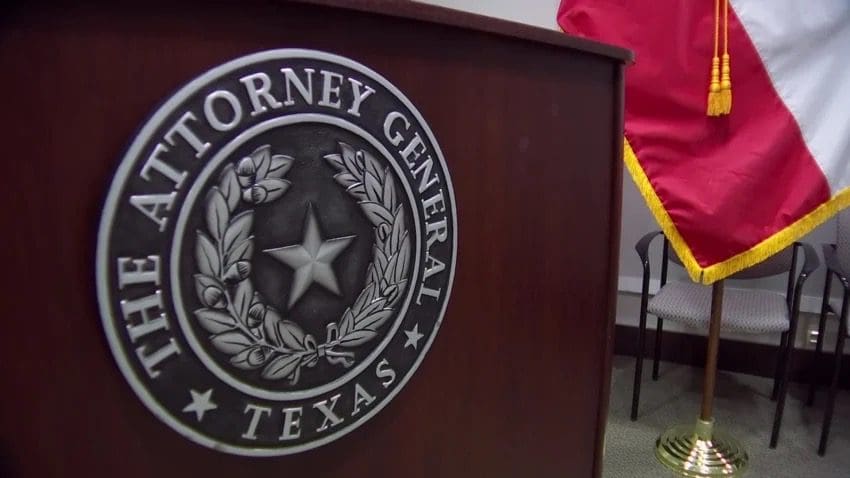A new report shows that the Public Utility Commission of Texas has not yet initiated the rulemaking process for energy reliability statutes outlined by lawmakers in 2023.
The Sunset Advisory Commission compliance report issued this month included an overview of changes affecting the PUC and the Electric Reliability Council of Texas required by House Bill 1500, the 2024-2025 budget, Senate Bill 2627, and other measures.
One of those statutes is found in HB 1500, which orders an energy reliability mandate called a “firming requirement” by December 1, 2027. This applies to most ERCOT generators executing a generation interconnection agreement on or after January 1, 2027.
An energy firming requirement mandates that operators back up their energy commitments. It is usually targeted at unreliable energy sources like wind and solar, which often cannot back up their commitments.
To accommodate the requirement and meet its quotas, a wind or solar energy operator might invest in supplemental generators such as pumped-storage hydro generators, industrial-scale lithium batteries, and zero-emission open-cycle gas turbines.
The SAC report acknowledges the 2027 firming implementation deadline but notes that the PUC still needs to “gather more data and develop staff expertise related to the firming requirements before opening the rulemaking.”
The PUC expects to begin the rulemaking process in late 2025.
“ERCOT also expects to hire more staff with expertise on generation interconnection to support any requirements that result from PUC’s rulemaking,” read the report.
Another statute found in SB 3 of 2021—which requires the PUC and ERCOT to evaluate the cost-effectiveness of ancillary and reliability service costs and create a report—is still being worked on after more than three years. The report is due on December 1, 2026.
“Following PUC’s delivery of that report to the Legislature, PUC indicates it will begin work on the required cost-allocation analysis,” read the report.
The PUC reiterated to Texas Scorecard that its “implementation of these requirements is on schedule to meet all statutory deadlines” and referred back to the SAC report.
Jason Isaac, founder and CEO of the American Energy Institute, slammed the PUC for not yet “implementing critical measures mandated to ensure the reliability and affordability of electricity for Texans.”
“While firming requirements for the new generation are a step forward, delaying rulemaking until late 2025 and beyond fails to address immediate reliability concerns,” stated Isaac, a former Republican state representative from Dripping Springs.
“Texans deserve action now, not years of inaction and planning,” he continued. “The legislature must step in to enforce a statewide reliability standard for all generation, or Texas risks not only skyrocketing electricity costs and unreliable power but also losing its industrial edge to nations prioritizing affordable and dependable energy.”
Energy Alliance Policy Director Bill Peacock, on the other hand, warned that the firming requirement could mean higher energy prices for Texas ratepayers.
“It does not concern me if the PUC is behind on implementing any of the 2023 changes,” explained Peacock. “Firming is a remarkably bad idea. What it means is that politicians and bureaucrats—not consumers through free markets—will decide how much electricity we need and how much it costs.”
Ratepayers will end up paying higher electricity bills because firming “means more subsidies for generators,” continued Peacock, adding to Texas’ already high electricity costs.
“But given that Texas politicians and bureaucrats have already subsidized generators to the tune of $12 billion a year since 2019, one wonders why they feel the need to add another means of providing subsidies on top of what they already have,” he added.





